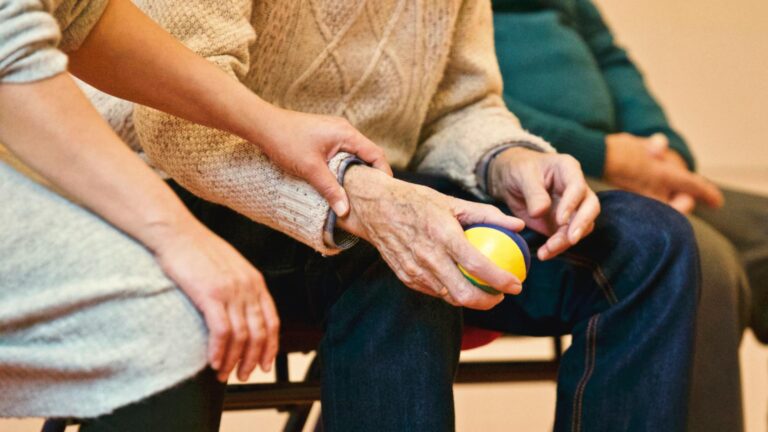Cancer patients considering fasting before chemotherapy face a complex and nuanced topic. While some emerging research suggests that fasting or intermittent fasting might make cancer cells more vulnerable to chemotherapy and potentially protect healthy cells, this approach is not universally recommended and must be approached with caution and medical supervision.
Fasting before chemotherapy involves abstaining from food for a certain period, often 24 to 48 hours, with the idea that this metabolic state can stress cancer cells and make them more sensitive to treatment. This concept is supported by some laboratory and animal studies showing that fasting can slow tumor growth and enhance chemotherapy’s effectiveness. Fasting may also trigger autophagy, a natural cellular cleanup process that removes damaged cells and supports cellular repair, which could theoretically improve treatment outcomes and reduce side effects.
However, human studies on fasting before chemotherapy are still limited, small in scale, and preliminary. The evidence is not yet strong enough to make fasting a standard recommendation. Some clinical trials have explored intermittent fasting or fasting-mimicking diets alongside chemotherapy, finding potential benefits such as reduced side effects and improved quality of life, but these findings require further validation.
Importantly, fasting is not suitable for all cancer patients. Those who are malnourished, have low body weight, or suffer from other medical conditions may be at risk of harm from fasting. Chemotherapy itself can be physically demanding, and adequate nutrition is critical to support the immune system, maintain strength, and help the body tolerate treatment. In some cases, fasting could exacerbate fatigue, weaken the body, or interfere with the effectiveness of chemotherapy.
Medical experts generally advise that any fasting or dietary changes during cancer treatment should be done only under the guidance of an oncologist or a specialized nutritionist familiar with cancer care. They can help assess whether fasting is safe and appropriate based on the patient’s overall health, type and stage of cancer, treatment plan, and nutritional status.
Some patients have reported personal benefits from intermittent fasting during or after cancer treatment, such as improved metabolic health, reduced inflammation, and better insulin sensitivity. These effects might contribute to overall well-being but do not replace conventional cancer therapies.
In summary, fasting before chemotherapy is an area of active research with promising but preliminary findings. It may enhance chemotherapy’s impact on cancer cells and protect healthy cells in some cases, but it is not universally safe or recommended. Patients should never attempt fasting on their own before chemotherapy without professional medical advice, as the risks may outweigh the benefits depending on individual circumstances. Instead, fasting should be considered a complementary approach within a carefully monitored cancer treatment plan.





